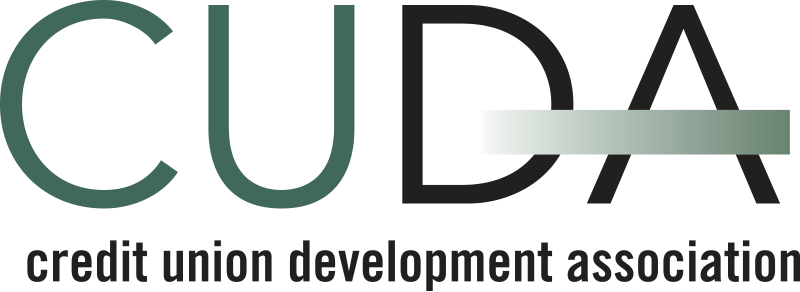By Kevin Johnson, CEO of the Credit Union Development Association
It’s about five years since the Central Bank of Ireland (CBI) published a report on behaviour and culture in the Irish Retail Banks 1 . That report found that the banks had significant work to do in order to ensure they were putting their customers first. This report paved the way for the introduction of new rules which should help consumers dealing with financial service providers in this country to be confident that their best interests will be protected 2 . The new rules should also ensure that financial institutions put consumers at the heart of their culture and decision-making. These rules, which are coming in under the Central Bank (Individual Accountability Framework) Act 2023 which was partially commenced April, are being planned for roll out by the end of the year.
These rules are long overdue for the banks. There have been a number of major banking scandals in recent years which has seen ordinary hard-working customers lose out. The tracker mortgage controversy – which saw tens of thousands of customers being overcharged by their lenders when they were wrongly denied a tracker rate and moved onto a higher interest rate – is one of the more recent ones.
It will involve a considerable amount of time for the banks to adapt to these new rules but given their track record, it is imperative that they do so.
Credit unions however are another case in point. Credit unions are already putting consumers first and have been doing so since they were established. Evidence is there to support this. Irish credit unions have consistently topped the customer experience league table since 2015, when the CX Company, which is behind that table, began its annual survey. Credit unions are also highly regarded by the public, coming out tops on reputation in a study published earlier this year. The study, known as the Reputations Agency Ireland RepTrak study, measures the level of trust, respect, admiration and esteem the public has for 100 organisations in Ireland. Credit unions had the highest score in that study this year.
Credit Unions consistently do well in these surveys because they continue to operate under a culture and ethos of putting their members, or consumers, first. This ethos is enshrined in credit union legislation which safeguards the economic, social and cultural well-being of its members as well as their communities 3 .
The Central Bank is planning to bring credit unions within the scope of the new rules being rolled out under the Individual Accountability Framework. This is disproportionate and unwarranted. It will burden credit unions with an extra layer of unnecessary regulation and costs. Credit unions are already meeting appropriate standards set out in law and regulations.
It was the poor behaviour of banks – not credits unions – which led to the development of the Individual Accountability Framework rules. So why is the Central Bank planning to roll the rules out to credit unions? Target rules correctly and they should achieve their aims. But for credit unions this will be rules for the sake of rules and this never works. Neither in this case will a one-size-fits-all approach. The Central Bank needs to differentiate between banks and credit unions.
The Central Bank has not taken into account the cooperative credit union model that helps differentiate credit unions from banks and investment firms.
Sometimes the cooperative credit union model is dismissed as being of a ‘Corinthian spirit’ – meaning that it is like an enthusiastic amateur, suggesting that a sector governed by volunteers could not be as good as one with remunerated leaders. At CUDA, we strongly disagree with that interpretation as we see the volunteer as providing a professional service pro bono. Furthermore, these volunteers are supported by a team of professional managers and staff.
Rather than bringing credit unions under the scope of these new rules, the Central Bank should seek to understand what makes credit unions so exceptional in this regard. Rather than trying to incorporate credit unions and swamping them with further costly requirements, the Central Bank should seek to understand their motivation, as this is what drives outcomes. To borrow a line from St. Paul to the Corinthians, “the fact that there is only one loaf means that, though there are many of us, we form a single body because we all have a share in this one loaf”. Credit unions share that loaf with their members and are clearly on the side of the consumer. Why fix something that’s not broken?
1 Behaviour and Culture of the Irish Retail Banks July 2018
2 See release from the Department of Finance in April 2023.
3 Credit Union Act 1997, Section 6(2)
Opinion piece on the Individual Accountability Framework, published in the Irish Independent the weekend 24th June 2023
